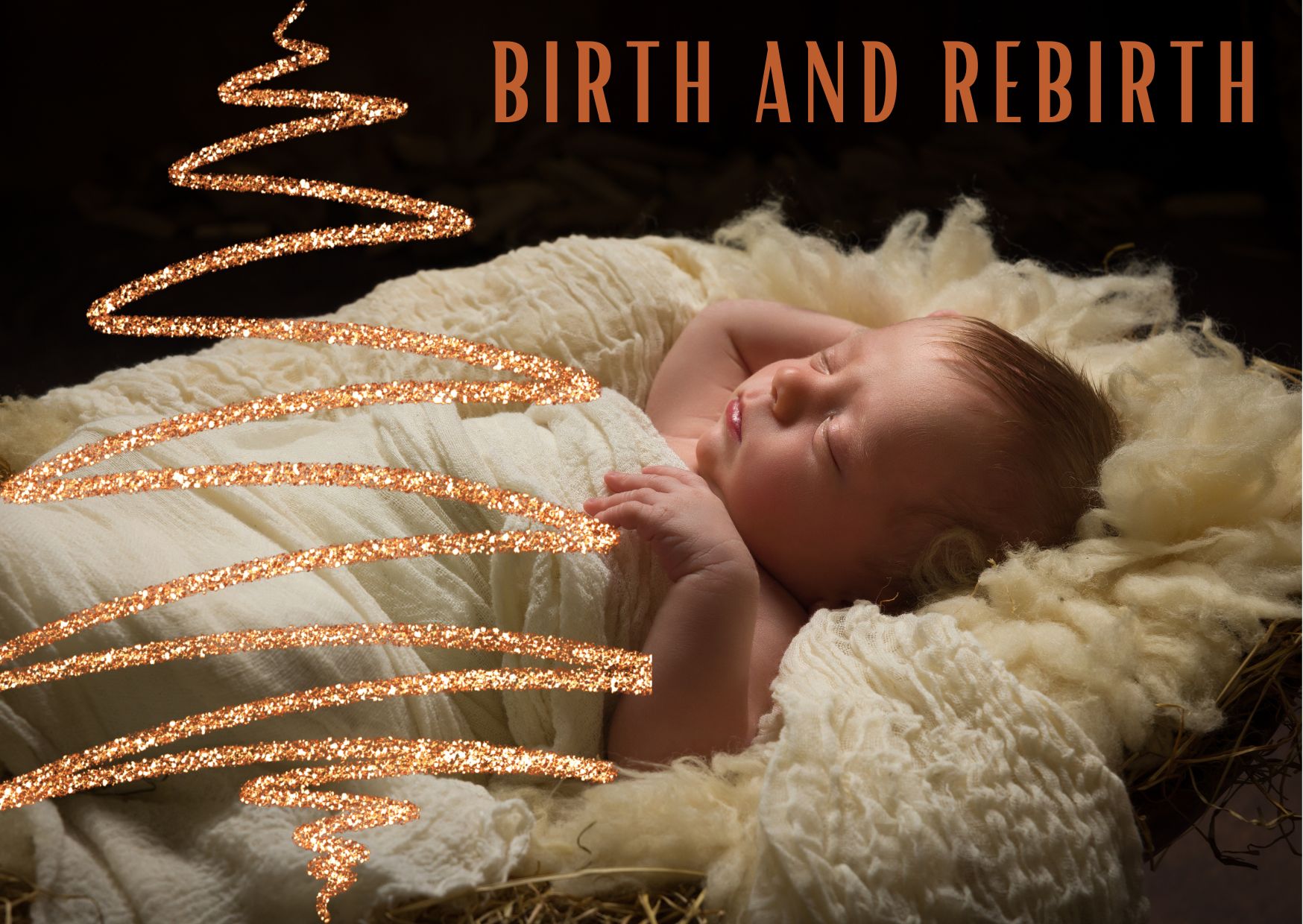
The world does not understand Christianity. This reality becomes clear when we see how those outside our faith attempt to attack or degrade our beliefs. In the first century, adversaries to our faith persecuted the early Christians physically; however, this tactic only propelled Christianity to the farthest reaches of our globe. Others have tried more covert means, sowing seeds of discord and doubt. In recent years I have witnessed that many will assert that Christianity merely borrows from other cultural traditions. And no practices are attacked more than those surrounding the Christmas holiday. Trees, wreaths, presents, twinkle lights… even the day (December 25) are all questioned and claim to have pagan roots. And my honest response is, “So what?” Even if there were any validity to these claims (which there is not), it wouldn’t make a difference. When it comes to our faith, we believe in a God that is not bound by customs or traditions. He is far above all that nonsense, but I will list one more reason these claims hold no value to me.
God is transformational. A narrative as old as the history of God’s people is that God changes stuff, but primarily people. In Genesis 9, we have a world reborn out of a global flood, God literally remaking and starting fresh from the corrupted world depicted in Genesis 6. In Genesis 17, God changes Abram’s name to reflect His promise of many descendants coming through Abram’s offspring. In Genesis 28, Jacob changes the city of Luz to Bethel (House of God); a few chapters later, in Genesis 32, God changes Jacob’s name to Israel, depicting the relationship between Jacob’s descendants and God. Finally, the entire region of Canaan, once entirely pagan, is renamed to reflect the 12 tribes of Israel and their covenant with God. These changes take what was once foreign or even opposed to God and bring it back into His overall plan. Therefore, it doesn’t matter what things once were, only what they are in relation to God.
These examples serve as a reminder that God has changed us. He takes us from where we once were and remakes us into who He wants us to be. As Paul states, “Therefore if anyone is in Christ, this person is a new creation; the old things passed away; behold, new things have come” (2 Corinthians 5:17). It would be easy to listen to the rhetoric of the world and say that “What once was, always will be.” The world is opposed to change and primarily changes for the better. The natural world loves entropy, and God loves rebirth and renewal. Those outside our faith say that you are just the way you are, and there is no need to change, or real change is impossible. But that is not how God works. He changes us down to our very core, and He can do that with every aspect of our lives. God promises He will change everything, even the physical world “Then I saw a new heaven and a new earth; for the first heaven and the first earth passed away, and there is no longer any sea.” (Revelation 21:1).
Continuing with this thought is that we are encouraged to bring all things into the obedience of Christ. As Paul writes again to the church in Corinth, “We are destroying arguments and all arrogance raised against the knowledge of God, and we are taking every thought captive to the obedience of Christ” (2 Corinthians 10:5). God has already given Jesus all authority (Matthew 28:20). Therefore, the only thing that matters is that we make this our daily reality; that we live and think as if Jesus is the ultimate authority. And so, we bring even our thoughts into obedience and submission to Christ. Our very thoughts become reborn and remade into the likeness of the Son.
The world does not want us to change. It does not want anything to be brought under the authority of Christ. The world does not like to submit its thoughts, customs, or traditions. And that is okay because we are not of the world. We have been renewed, we have been changed, and we are not what we used to be. God’s transformation of our lives should give us another reason to celebrate this time of year as we move on from what once was to what has been made new—reflecting on a God that is all about Birth and Rebirth.